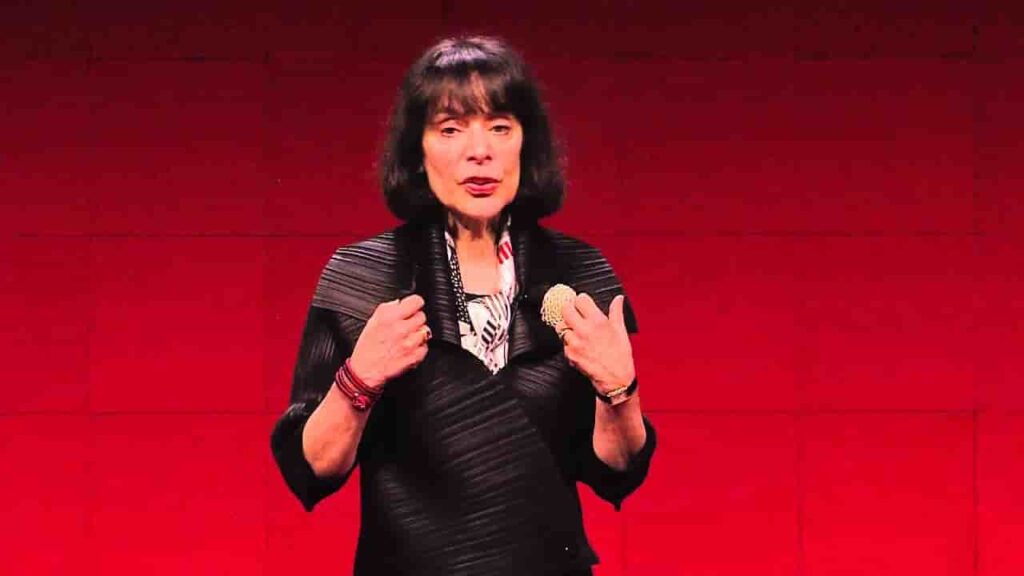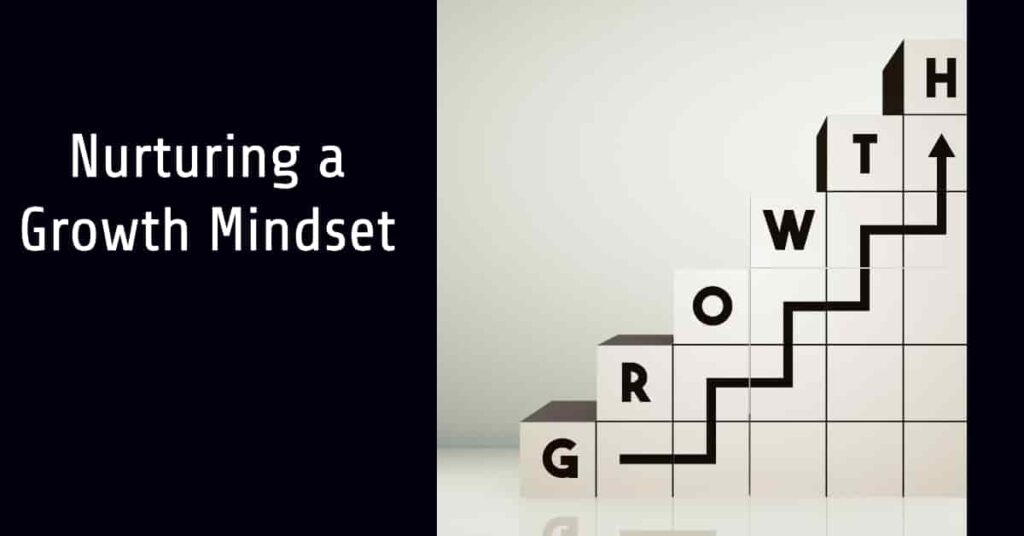Building a Growth Mindset in Students
In today’s rapidly evolving world, fostering a growth mindset in students is more important than ever. A growth mindset, a term popularized by psychologist Carol Dweck, refers to the belief that abilities and intelligence can be developed through dedication and hard work. This mindset contrasts with a fixed mindset, which assumes that talents and abilities are static and unchangeable. By cultivating a growth mindset, educators can help students become more resilient, motivated, and successful in their academic and personal lives.

The Importance of a Growth Mindset
Research has shown that students with a growth mindset are more likely to embrace challenges, persist in the face of setbacks, and see effort as a path to mastery (Dweck, 2006). They are also more likely to learn from criticism and find inspiration in the success of others. These qualities are crucial for academic success and lifelong learning.
Strategies for Building a Growth Mindset
⇒ Emphasize Effort Over Innate Ability: One of the key strategies for promoting a growth mindset is to praise effort rather than inherent talent. When students are praised for their hard work, they learn to associate effort with success. For example, instead of saying, “You’re so smart,” say, “You worked really hard on that problem, and it paid off.”
⇒ Encourage Learning from Mistakes: Mistakes should be viewed as learning opportunities rather than failures. Encourage students to analyze what went wrong and how they can improve in the future. This approach helps students understand that setbacks are a natural part of the learning process.
⇒ Set Realistic and Challenging Goals: Help students set achievable yet challenging goals. By working towards these goals, students can experience incremental successes that build their confidence and reinforce the value of persistence and effort.
⇒ Provide Constructive Feedback: Feedback should be specific, actionable, and focused on the process rather than the outcome. For example, instead of saying, “Good job,” provide feedback like, “I noticed you used a great strategy to solve that problem. Keep using strategies like that!”
⇒ Model a Growth Mindset: Educators play a crucial role in modeling a growth mindset. Share personal stories of perseverance and learning from failures. Demonstrate how you tackle challenges and emphasize the importance of continuous improvement.
⇒ Foster a Supportive Classroom Environment: Create a classroom culture where effort, persistence, and collaboration are valued. Encourage students to support each other and celebrate each other’s progress. This supportive environment can help students feel safe to take risks and embrace challenges.

At Valdymas College, we actively implement strategies to cultivate a growth mindset among our students. We emphasize the importance of effort over innate ability, praising hard work and perseverance. By encouraging students to learn from their mistakes, we promote a culture where setbacks are seen as opportunities for growth rather than failures. Setting realistic yet challenging goals is another key aspect of our approach, as it helps students experience incremental successes and develop confidence in their abilities.
In addition, we provide constructive feedback focused on the learning process, modeling a growth mindset ourselves. Our educators share personal stories of perseverance and emphasize continuous improvement, demonstrating that learning is a journey of progress rather than a fixed destination. By fostering a supportive classroom environment where effort and collaboration are valued, we create a space where students feel empowered to take risks and embrace challenges.
The Impact of a Growth Mindset on Students
Students who develop a growth mindset are better equipped to handle the challenges of school and life. They are more likely to take on difficult tasks, seek out new learning opportunities, and persist in the face of adversity. This mindset not only improves academic performance but also enhances emotional resilience and well-being.
Conclusion
Building a growth mindset in students is an ongoing process that requires consistent effort and reinforcement. By implementing these strategies, educators can create an environment that nurtures resilience, motivation, and a love for learning. As Carol Dweck (2006) aptly put it, “The view you adopt for yourself profoundly affects the way you lead your life.” By fostering a growth mindset, we can help students lead more fulfilling and successful lives.
References
- Dweck, C. S. (2006). *Mindset: The New Psychology of Success*. Random House.
- Blackwell, L. S., Trzesniewski, K. H., & Dweck, C. S. (2007). Implicit theories of intelligence predict achievement across an adolescent transition: A longitudinal study and an intervention. Child Development, 78(1), 246-263.
- Yeager, D. S., & Dweck, C. S. (2012). Mindsets that promote resilience: When students believe that personal characteristics can be developed. Educational Psychologist, 47(4), 302-314.



